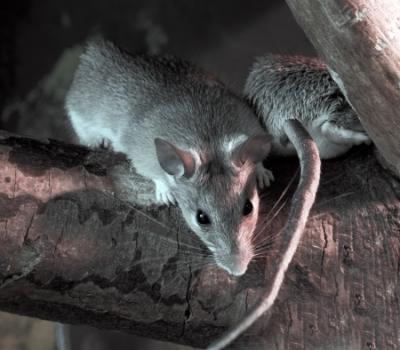
Rats are serious health risks to man especially in kitchens, food preparation and storage areas and where they come into contact with children and older people.
Professional help should be sought when dealing with a rat infestation Rats are particularly difficult to control because of the rate at which they breed and are able to colonize new areas.
In the event of infestation 999 Pest Control will need to survey the area to determine the size of the colony and the most appropriate form of control.
Call us now on 07775 801190 to discuss your concerns regarding rats.
Britain is home to two types of rats:
- The Brown Rat (sometimes called The Norway Rat or Common Rat)
- The ship rat (which is far less common)
Distribution
The common rat is the most abundant and widespread of the species and can be found anywhere that offers shelter or food, including sewers and drains. They are excellent burrowers and favour compost heaps, ground under hedgerows and sheds. In domestic properties they will live in wall cavities and beneath floor boards. Ship rats are mainly restricted to port areas where they live indoors.
Pest concerns
Rats are serious health risks to man especially in kitchens, food preparation and storage areas and where they come into contact with children and older people.
Rats are known to be responsible for spreading numerous very serious diseases which can cause harm and even kill people these include;
- Weil’s disease - Leptospirosis – also known as Leptospiral jaundice - is transmitted via rodent urine, infecting people through contact with contaminated liquids or food.
- Salmonella - A serious food poisoning bacterium - rats are inquisitive and will leave droppings and urine trails on food surfaces, utensils and crockery as they forage in kitchens and cupboards for food.
- Plague – probably the most infamous of all. Transmitted to humans from rats by the Rat Flea. Plague has not been recorded in Britain since the early 1900s but is still prevalent in many parts of the world.
- Other diseases’ include Rat bite fever, Tetanus, Murine Tetanus and Lymphocytic choriomeningitis.
- Rat also carry many parasites including, ringworm, mites, nematodes, tapeworm, ticks and fleas.,
Rats contaminate food, destroy building structures and cause fires when chewing on electric cables.
Control
Professional help should be sought when dealing with a rat infestation Rats are particularly difficult to control because of the rate at which they breed and are able to colonize new areas.
In the event of infestation 999 Pest Control will need to survey the area to determine the size of the colony and the most appropriate form of control.
